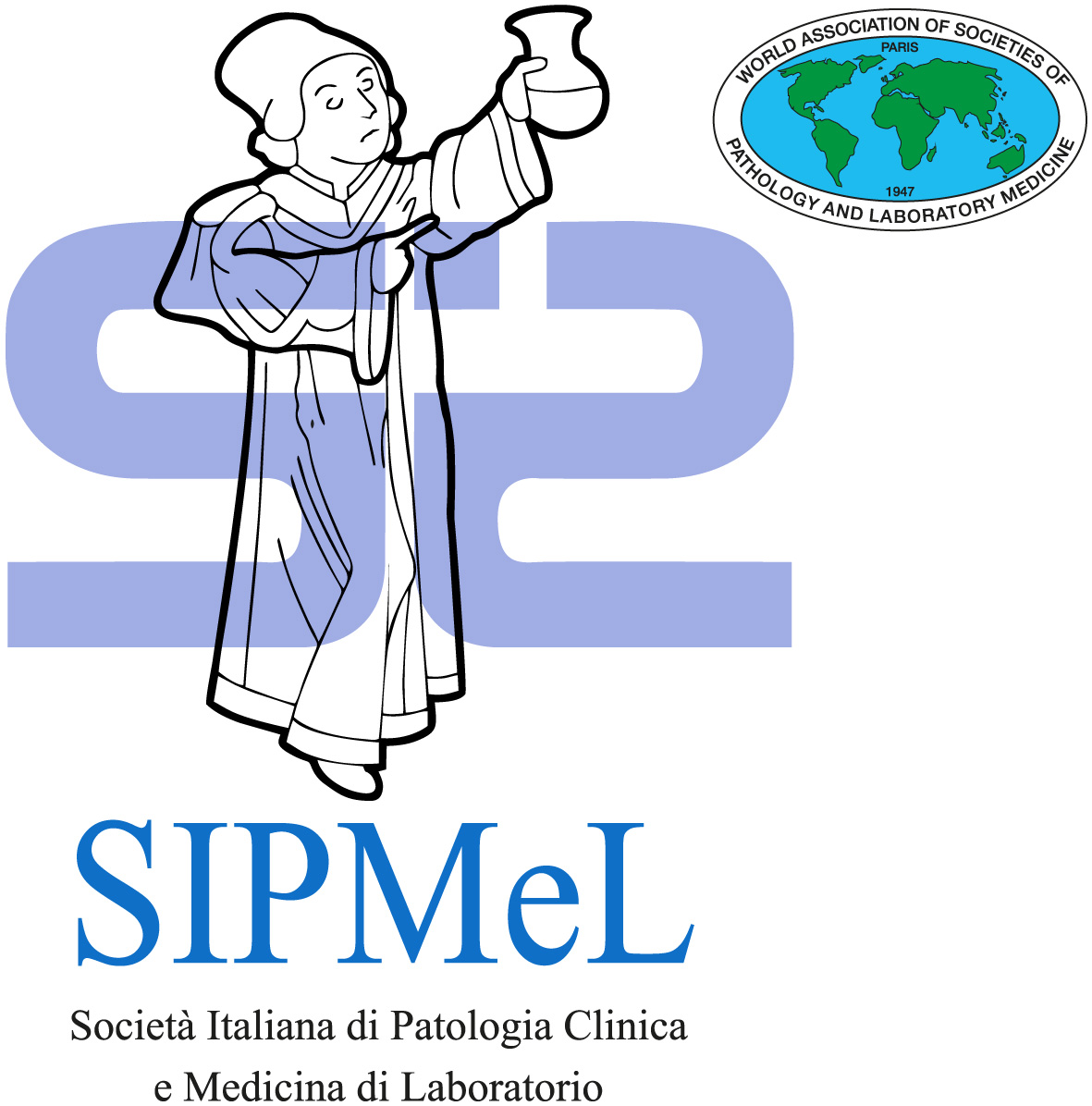
by Valeria Confalonieri | Dec 12, 2023
C-reactive protein (CRP) is more sensitive, specific and rapid in the acute phase of inflammation. CRP should be preferred to detect both the onset and resolution of a systemic inflammatory state.

by Valeria Confalonieri | Dec 12, 2023
High blood ammonium alone adds no information in the diagnosis, staging, and prognosis of hepatic encephalopathy (HE) in patients with chronic hepatopathy, and ammonium concentration rarely correlates with symptoms severity and outcomes.

by Valeria Confalonieri | Dec 12, 2023
Procalcitonin (PCT) has been proposed to discriminate infections and in, particular, bacterial sepsis from viral and other causes and to reduce antibiotic prescribing. The heterogeneity of measurement methods, adopted cut-offs and recommended protocols have greatly...

by Valeria Confalonieri | Dec 12, 2023
The association between uric acid and the risk of major cardiovascular events and/or cardiovascular mortality has long been studied, but the cost-effectiveness of pharmacological reduction of asymptomatic hyperuricemia of this strategy in preventing cardiovascular...

by Valeria Confalonieri | Aug 2, 2022
Surgical site infections (SSIs) are increasingly sustained by microorganisms resistant to several antibiotics, particularly methicillin-resistant S. aureus (MRSA) and extended-spectrum beta-lactamase- producing Enterobacteria (ESBLs). In the patient undergoing...








Recent Comments